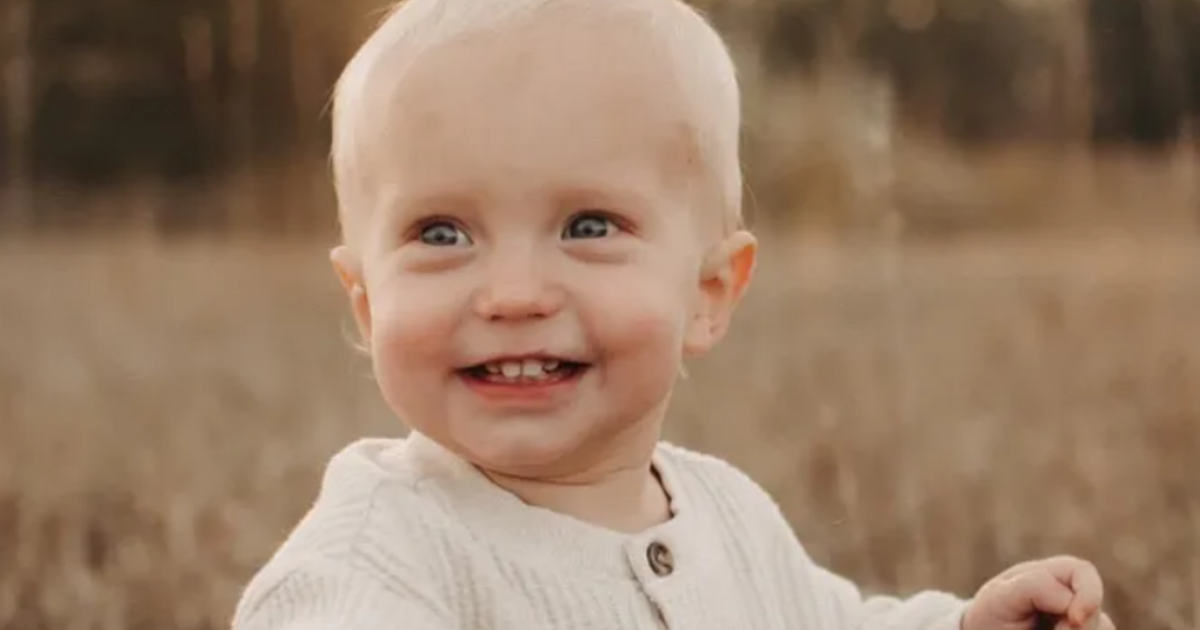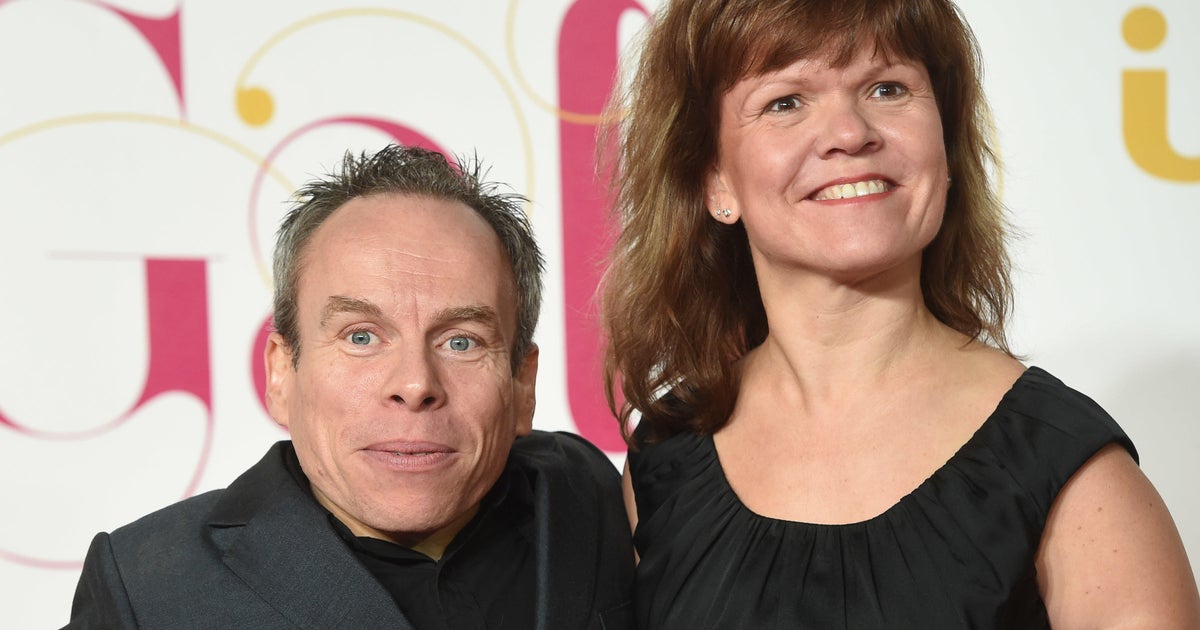Duchess of Cornwall shines light on dangers of osteoporosis
The Duchess of Cornwall is speaking out about osteoporosis, a condition she says contributed to her mother's death. Camilla, 71, marked the official launch of the Royal Osteoporosis Society at the Science Museum in London by sharing an anecdote about her late mother Rosalind, who died of the bone disease in 1994.
"It was 25 years ago that my mother died as a result of osteoporosis. In fact, she was exactly the same age that I am now. Then it was never discussed, rarely diagnosed and always attributed to old people," Camilla said, according to the royal couple's official Twitter account.
She continued on to say that she wishes her mother "was here today to see what could have been done."
What is osteoporosis?
Osteoporosis literally means porous bone. It is a disease in which the density and quality of bone become weaker and brittle. As bones become more porous and fragile, a fall or even a mild stress like coughing or bending over can lead to a fracture.
Worldwide, about 1 in 3 women and 1 in 5 men are at risk of a fracture related to osteoporosis, according to the International Osteoporosis Foundation. In fact, a fracture associated with osteoporosis occurs once every 3 seconds. The most common fractures occur in the hip, spine, and wrist.
As the disease progresses, bone loss occurs silently and often there are no symptoms until the first fracture occurs.
Who is at risk for osteoporosis?
Some people are at a greater risk of osteoporosis than others, for reasons they cannot control. Women, for example, are much more likely to develop the disease than men, as are people of white or Asian descent.
The risk of osteoporosis also increases with age. People who have a parent or sibling with osteoporosis are at a greater risk of the disease themselves, especially if a parent suffered a hip fracture. Both men and women with smaller body frames also have a higher risk since they may have less bone mass to draw from as they get older.
Osteoporosis is more common in people with certain medical conditions, including thyroid problems, eating disorders, celiac disease, inflammatory bowel disease, kidney or liver disease, cancer, Lupus, multiple myeloma, and rheumatoid arthritis.
Lifestyle habits can also increase the risk of osteoporosis, such as tobacco use, excessive alcohol consumption, and a sedentary lifestyle.
How do you die from osteoporosis?
Osteoporosis can be fatal when it leads to dangerous falls and fractures.
In fact, a 2015 study found fractures due to osteoporosis can cause premature death in people 45 and older. The researchers followed more than 200,000 elderly patients over several years and found an increase in deaths among those who suffered fractures. Almost all bone fractures (apart from fingers and toes) were linked to an increased risk of dying when compared to other men and women of the same age who had not had a fracture.
"Common fractures like spinal fractures that cause older people to stoop over, arm, collarbone and wrist fractures from a simple fall, or pelvic fractures from a trip on the stairs or a slip on the ice all increase the risk of the sufferer dying in the next few years," study author Lyn March, MD, PhD, said in a statement.
The International Osteoporosis Foundation reports that a 50-year-old woman has the same risk of death related to a hip fracture as she does from dying of breast cancer.
Can you prevent osteoporosis?
It's important to note that osteoporosis is not a normal part of aging and there are steps you can take throughout your life to protect your bones.
Good nutrition and regular exercise are essential to maintaining good health and keeping bones strong, Protein and calcium in particular are building blocks of healthy bones. If you cannot get enough of these in your diet, you may want to talk to your doctor about taking supplements.
Avoiding tobacco and limiting alcohol intake can also go a long way in protecting your bones.




